Contact us. We are happy to talk about your needs and prepare an offer.
Cloud services
Impicode provides development services of technological solutions in the cloud and also helps with the process of migrating local infrastructure to the cloud. We use AWS, Microsoft Azure, and Google Cloud Platform in our projects.
The benefits of cloud services
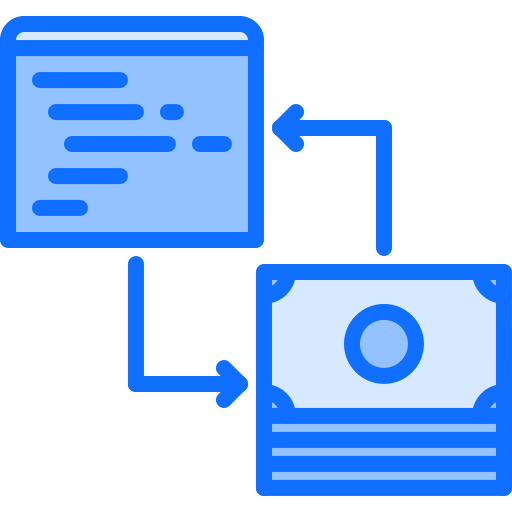
Lower operating costs
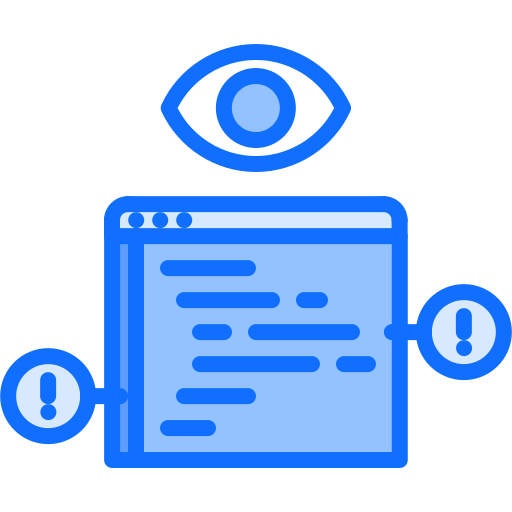
High data safety

Constant access to data from many devices
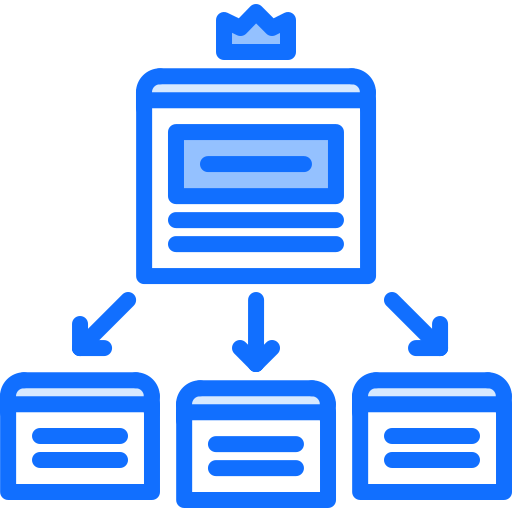
Resource management flexibility
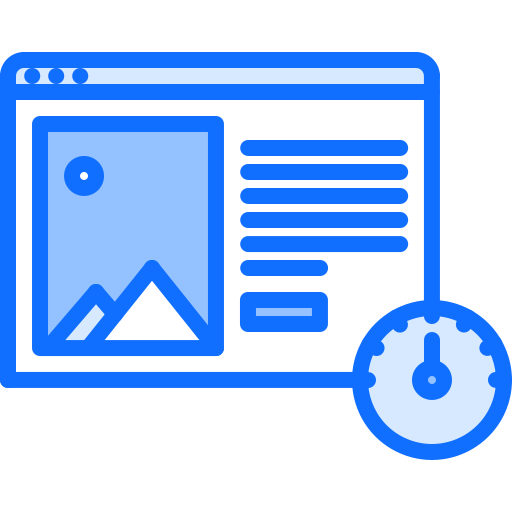
Rapid infrastructure creation
Cloud operations
- creation of applications in the cloud,
- migration of data and local infrastructure to the cloud,
- implementation of applications on a cloud platform,
- development and scaling of solutions,
- creation of products connecting to databases in the cloud,
- creation of solutions based on mass memory and cloud computing power,
- creation of chatbots,
- development of IoT systems.
Solutions
- mobile applications,
- web applications,
- websites,
- IoT device management systems.
We use major brand cloud platform services in our projects
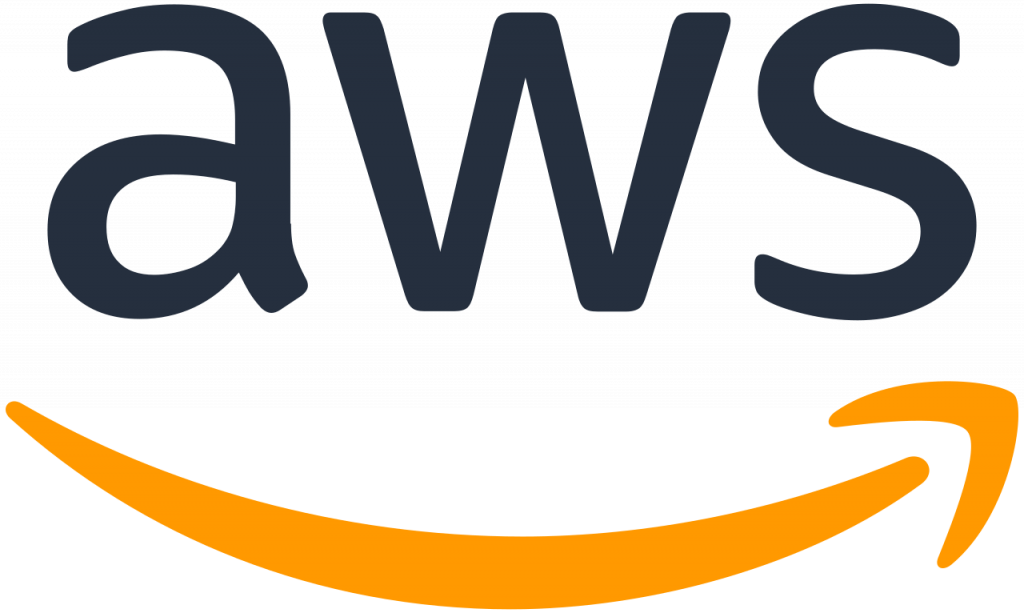
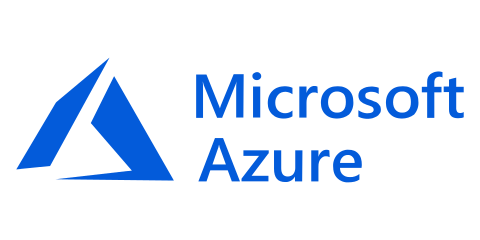
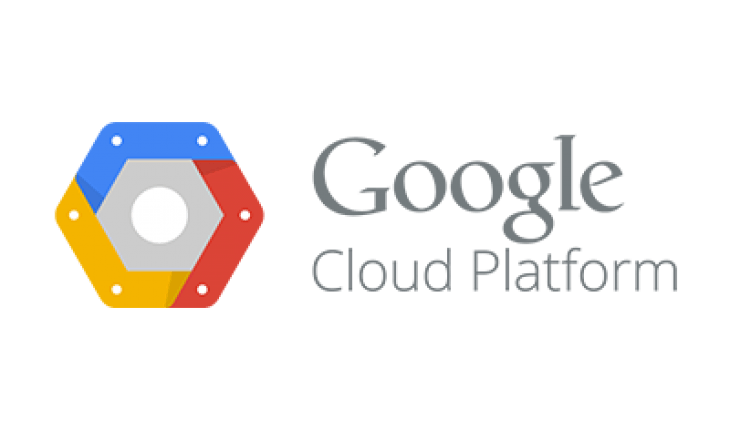
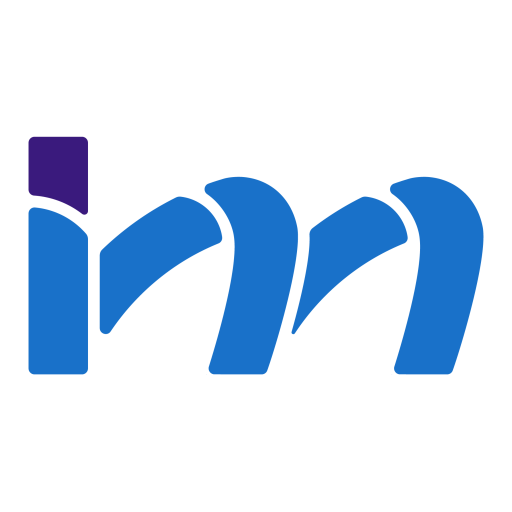
Our clients
What is cloud computing?
Cloud computing is a platform providing various services via the Internet, including data storage, servers, networks, databases, and software. Nowadays, data is mainly needed to carry out various analyses, for example, about consumer behavior and expectations. Thanks to such information, many companies can draw revealing conclusions and set their direction for future product development. No wonder that many businesses want to collect as much data as possible. However, their storage can be a big problem. Cloud platform solutions are the best option, compared to buying multiple servers and storing files in a hard drive or local storage device.

The word "cloud" has a very broad meaning. Primarily the cloud provides access to servers via the Internet, as well as to software and databases. The servers used in the cloud are located in data centers all over the world. The main features of cloud solutions include cost savings, speed, efficiency, and security. Additionally, cloud computing users do not waste time managing physical server resources. This is a particularly important aspect for small businesses. Such companies usually cannot afford to create and maintain their internal infrastructure. Therefore, cloud services are a better solution for them. It is easier to conduct international business as employees and customers can access the same files and applications from any device and from anywhere in the world.
Cloud service delivery models
Cloud computing is not a single element of technology, but a system that offers its services in several models. The most commonly used cloud models include SaaS, IaaS, and PaaS. The FaaS model is also becoming more and more popular. All four models are described below.
IaaS
The IaaS model (Infrastructure as a Service) relates to accessing IT infrastructure, providing a space in which the client can create its solution. In this model, companies rent servers or storage from a cloud provider. In other words, they purchase virtual resources with access via the Internet. Thanks to this, cloud projects don’t require this otherwise necessary software or infrastructure. As a result of choosing cloud solutions, maintenance costs can be downsized. What is more, the user has full control over the operating systems, applications, and disk space. The one thing that the user does not manage is the cloud hardware infrastructure. To better understand the functioning of the IaaS model, we will use a metaphor. IaaS works like a company leasing a plot of land. The company provides adequate space, but the customer has to provide the tools and materials necessary to build a house. Services in the IaaS model operate similarly. The IaaS model is offered by many major brand cloud providers such as Microsoft Azure and IBM Cloud.
PaaS
Another frequently used cloud service model is PaaS (Platform as a Service), which provides access to development platforms. Unlike the IaaS model, which provides the space to build an application, PaaS provides the tools necessary to create a solution. In this model, customers do not pay for application hosting but for all tools necessary to build a technological solution. PaaS provider offers include development tools, infrastructure, and operating systems. PaaS also has some things in common with the SaaS model. The main difference is that the SaaS model provides only online software while PaaS provides all the raw services to build software over the Internet. The PaaS model is used in the services offered by the Salesforce and Heroku platforms.
SaaS
Services in the SaaS model (Software as a Service) provide access to the software via the Internet. In the IaaS and PaaS models, the user can create solutions from scratch, but when it comes to the SaaS model, the user has access to ready-made solutions offered by the platform. Software as a service includes licensing applications for customers. Users do not need to install the application on the device but can access it via the cloud. Application licenses are usually available in a pay-as-you-go payment model. Microsoft Office 365 provides some of its services in this model.
FaaS
The FaaS (Function as a Service) model is also known as serverless computing. This model divides a cloud-based application into smaller pieces working only when needed. The FaaS model is quite similar to the SaaS model. The main difference is that the FaaS model can extend selected functions of the software. In the FaaS model, it is possible to isolate certain modules of code that execute on demand. This model is implemented in solutions used by AWS, Microsoft Azure, or Google Cloud Platform.
Cloud and server location
Currently, there are three main types of cloud computing that differ mainly in the purposes and technical aspects of servers. Before deciding about using the cloud, it is wise to do some research.
Public cloud
A Public cloud is a third-party server sharing service. This means that individual servers can be used by different companies at the same time because the cloud owner provides computing power and disk space to many concurrent clients simiultaneously. The main advantages of this solution include lower service costs than in the case of a private cloud and the ability to quickly buy additional resources.
Private cloud
A private cloud can be a specific server, data center, or a distributed network entirely dedicated to one client. In this case, the cloud is used only by one customer. Private clouds have a higher level of data security, which is why this solution is chosen primarily by organizations and companies that store confidential data.
Hybrid cloud
A Hybrid cloud provides services both publicly and privately. Companies often use a private cloud only to store confidential data. Other files, applications, and information are kept in the public cloud. Additionally, public cloud services can be used when the company's resources are overloaded. A hybrid cloud reduces the high costs of using a private cloud while also providing high flexibility.

The most popular cloud platforms
As demands for cloud services multiply, the supply of cloud platform providers is trying to keep pace. Nevertheless, most companies trust the largest cloud service providers due to their extended potential and higher security of stored data. Below are described the most popular cloud platforms.
Google Cloud Platform
Google provides Google Cloud Platform for people to build, test, and implement their solutions based on Google's infrastructure. Cloud offers not only basic services in the IaaS model but also access to many analytical tools and other services, including BigQuery, Compute Engine, or Cloud Bigtable
AWS
AWS (Amazon Web Services) is the most popular cloud computing platform in the world, boasting a 47% share of the cloud provisioning market. Such popularity comes from offering the broadest spectrum of services, while ensuring a high level of security for data stored in the cloud.
Microsoft Azure
Microsoft Azure, along with AWS and Google Cloud, dominates the public cloud services market. The Azure platform was created in the PaaS model and offers data storage and processing services. Like other clouds, Azure provides services for creating and managing applications over the Internet.
IBM Cloud
IBM Cloud is another example of a public cloud as a full-stack provider, meaning that it provides all the tools necessary to build sophisticated solutions.
Alibaba Cloud
Alibaba Cloud services are aimed at customers selling products via e-commerce platforms, as well as startups, established corporations, and state institutions. Alibaba Group also uses cloud solutions in its own activities.
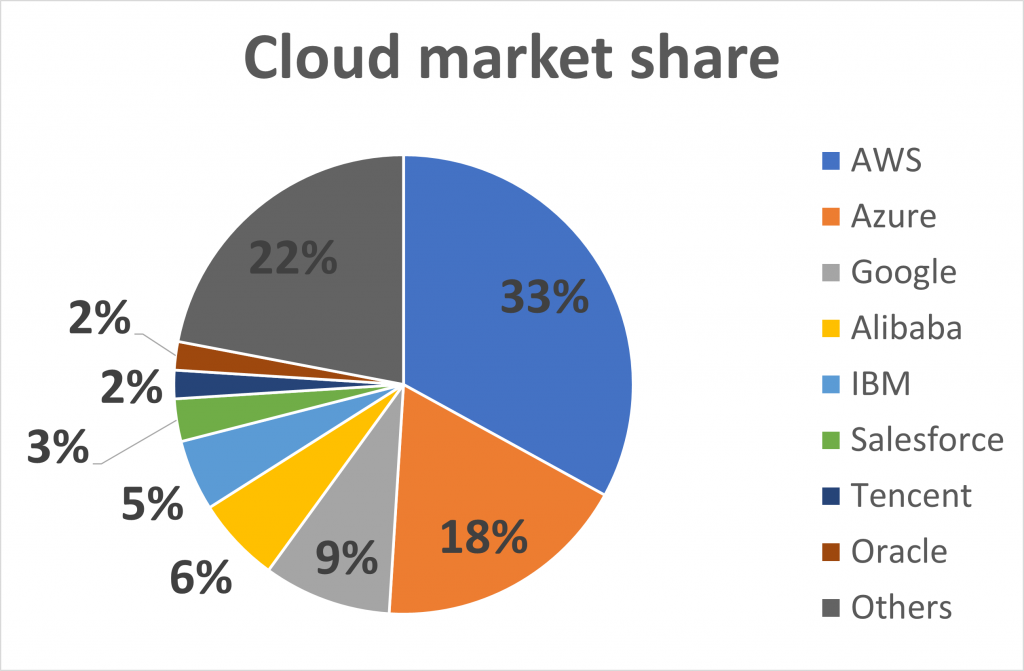
Examples of Clouds
The cloud is used not only by startups and small to medium-sized companies but also by technology giants, multinationals, and conglomerates. Below are described some examples
Google Drive
Google Drive is a cloud computing service that can store various files on personal Google Drive. Files in Google Drive can also be edited by many people at the same time. It contributes to increased efficiency of teamwork. Google Drive stores primarily documents, sheets, and presentations. The drive can also be used via tablets and smartphones. Not only Google Drive, but also other Google services such as Gmail, Google Calendar, or Google Maps implement cloud solutions.
Apple iCloud
The iCloud service is mainly used to store online files, do backups, and synchronize calendar and email. iCloud not only stores documents, photos, videos, music or applications, but also allows a user to share them with other people. Apple offers its versions of a text editor and spreadsheet that users can work with from any iOS device. What is more, the iCloud solution is also available for Windows users. The Apple service also offers an application that can locate a lost iPhone.
Dropbox
Dropbox is a service that can store and synchronize files, so the teamwork on shared files can go easily and smoothly. In this cloud, it is possible to connect other tools, including Slack, Zoom, or HelloSign. Also, the Paper function supports organizing the work on the project according to tasks and deadlines.
Cloud based applications
Currently, there is an increasing number of applications and tools based on cloud computing. Below are presented the most popular solutions that implement cloud platform services.
Slack
Slack is a cloud-based application for group communication. It enables fast communication through the sending of messages, multimedia files, and videoconferencing. Besides this, Slack has an additional option to create open and closed channels, thanks to which users have access to information from the areas and projects they are working on.
Stripe
Stripe is an integrated online payment system. Developers can set up a payment gateway very quickly and collect payments for orders from all over the world. The Stripe solution is based on AWS cloud services and is mainly targeted at online stores. It is worth emphasizing that installing and configuring the Stripe payment gateway is quick and efficient. A big advantage of this solution is remittance services in various currencies.
NetSuite
Oracle NetSuite is a cloud-based ERP system. The NetSuite solution automates many processes such as finance, revenue, fixed assets, orders, and inventory management. Additionally, the NetSuite tool can be easily integrated with other systems via API. This Oracle solution facilitates the operations of many companies from around the world.
Cisco Webex Meetings
Cisco Webex Meetings is a cloud-based platform for online meetings, conferences, and training. Users can access the solution through a browser, mobile, or video device. Cisco Webex Meeting offers integrated audio, video, and content sharing features that make remote collaboration more effective.
Companies and organizations are increasingly opting for cloud platform services over creating and maintaining their own data center. Companies can adjust computing resources to demand and pay only for the resources they’ve actually used. As demand for cloud computing services increases year over year, Gartner’s research reveals that the global market for public cloud services in 2021 may reach up to $ 308.5 billion.
If you want to find out more about cloud platforms or need support in your project - write to us via the contact form.






